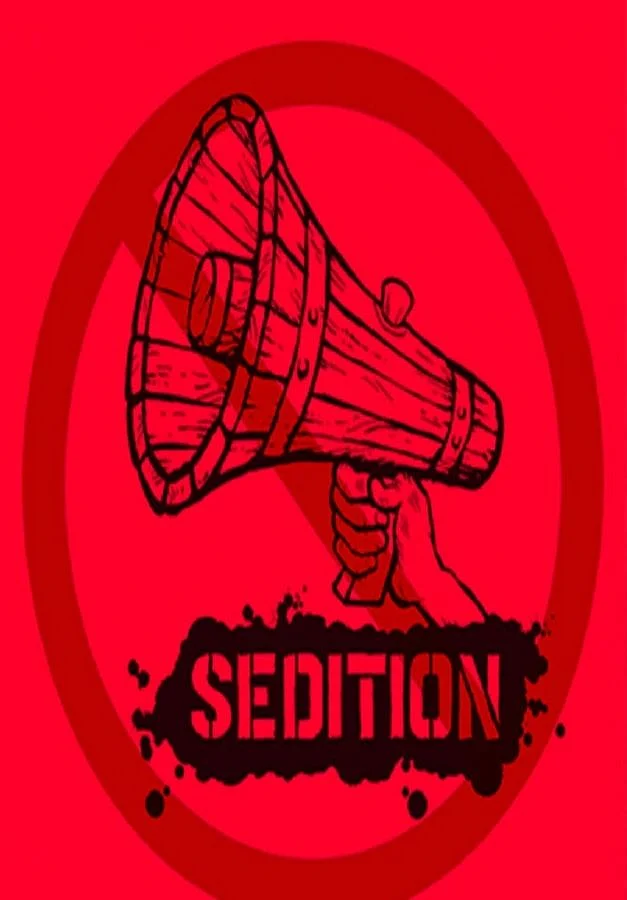Herald view: Drop sedition law, a relic of colonial times
As the Supreme Court of India has said earlier, criticism of a government cannot constitute sedition

Chief Justice NV Ramana hit the nail on the head when he said that the sedition law was enacted in India by the British for a single purpose – to silence Mahatma Gandhi. And yet more than 70 years after Mahatma Gandhi secured us Independence, the sedition law – Section 124A ofthe Indian Penal Code --continues to be used by native governments against their own people in the country. However, as the Supreme Court of India has said earlier, criticism of a government cannot constitute sedition. Sedition was a concept generated by the British monarchy against its peasantry and common citizens who were not just denied rights but also taxed beyond their capacity, having to pay huge amounts beyond their means not just for civic reasons but also religious ones. These impositions led to much libel in the writings of those times – mostly by pamphleteers like Thomas Paine. But in the modern era, the cause for so-called sedition, according to philosopher Will Durant, arises out of just two reasons – poverty and discontentment. Both conditions amply prevail in India today.
So having been constitutionally guaranteed the right to freedom of speech, it is natural that there will be protests and critiques of the government in residence. But using Section 124A against people mimicking those in power, tweeting against government authorities, writing articles critical of government policy or exposing fraud and corruption in government does not stand the test of time. Even the United Kingdom which originally passed the Sedition Act in 1661 for the “safety and preservation of His Majesty’s person and Government” found it far outdated and dropped its provisions as it recognised this was a relic from an era when freedom of speech was not recognised as an absolute right of people of all classes or masses.
For the origination of the sedition law was based in absolute monarchy wherein the king was divine, criticising him blasphemous and defamation, obscenity and criticism of rulers treasonous acts punishable by death or, in later years, deportation. Today freedom of speech is a touchstone of democracy - even those nations where monarchs continue are absolute democracies - and the right to criticise the government of the day is crucial to the maintenance of that democracy and freedom of speech and expression.
The Supreme Court of India, in fact, has already ruled in the case of Kedarnath Singh versus the State of Bihar in 1962 that only a violent revolution against the government constitutes sedition and even if the ruling party members are labelled as “goondas” as Kedarnath had done, that was his freedom of speech and not a seditious act against the government. “A free expression of disapprobation against a ruling government’s action with an intention to better the condition of the people is not treason,” the Apex court had ruled. However, today Section 124A is being arbitrarily slapped on journalists, human rights activists, NGOs, and anyone the government has a grouse against. Our own Supreme Court has interpreted the Sedition Law correctly but in the 1960s it was not much in use – or misuse- against the government’s detractors. It is now time to consider dropping the law altogether as the UK has done. For it is now clearly recognised that the law is used only against political dissenters in India and to restrict our press freedoms – a combination that is depriving the common people of India of every basic right and freedom guaranteed to them by the Constitution. The American revolution and Mahatma Gandhi were by-products of the use of the sedition law in British colonies. The world knows how that ended for them.
(This was first published in National Herald on Sunday)
Follow us on: Facebook, Twitter, Google News, Instagram
Join our official telegram channel (@nationalherald) and stay updated with the latest headlines
